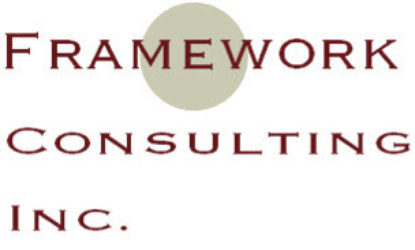 A client approached us with a dilemma that’s common in Caribbean companies: performance reviews either were not being conducted at all or were being done very poorly. When we studied the issue, we found that managers and their subordinates were enjoying warm relationships. Managers were seen as approachable and able to work with their employees when things were going well.
A client approached us with a dilemma that’s common in Caribbean companies: performance reviews either were not being conducted at all or were being done very poorly. When we studied the issue, we found that managers and their subordinates were enjoying warm relationships. Managers were seen as approachable and able to work with their employees when things were going well.
However, when individual results fell, managers had a very difficult time having the difficult conversations they needed to have. Confrontation was being avoided at all costs. As is common in the small countries that comprise the region, the societies to which they belonged were quite small, and the managers were unwilling to give direct feedback for fear of doing such a poor job that the relationships would be endangered.
The company discovered that this unwillingness to conduct critical confrontations led to a general mediocrity in performance because the company would keep low performers on staff (practically ensuring lifetime employment.) This, in turn, would demotivate the highest performers as they got the message that the company was willing to keep around poor performers at all costs.
Framework designed an intervention around the principles of our Lights!Camera!Action! approach. It included workshops for the top managers in the techniques involved in conducting critical confrontations. The sessions were conducted in small groups of five to six managers. They were given a broad group of principles to work with, after which they were videotaped while playing the role of manager during a difficult conversation. The five-minute recording was debriefed by the facilitators and participants in a half-hour session during which the managers received direct feedback for the first time on the quality of their techniques.
The session was an eye-opener for the managers, who had never seen their performance in difficult conversations debriefed extensively. Many were able to take the feedback given and use it in real time to demonstrate their new skills.
Consultant’s Notes
For more information on the Lights!Camera!Action! approach, complete the form below.

